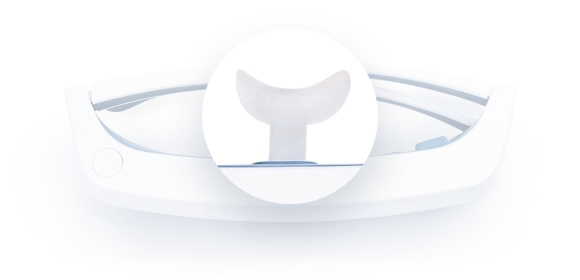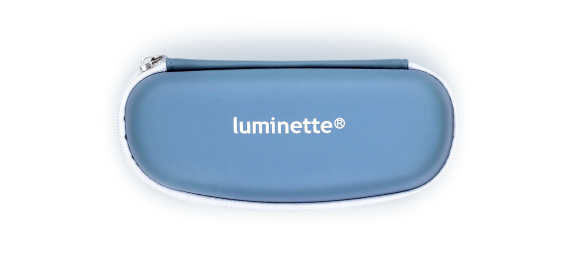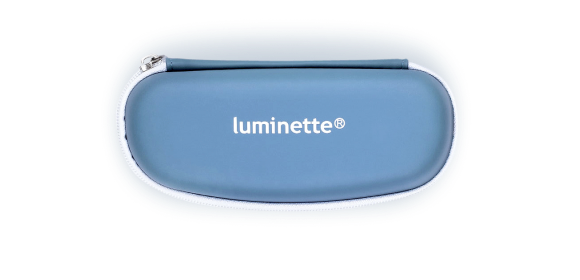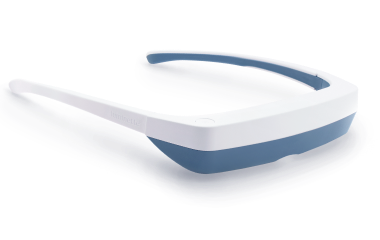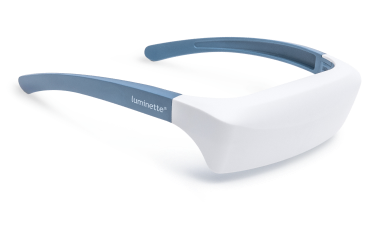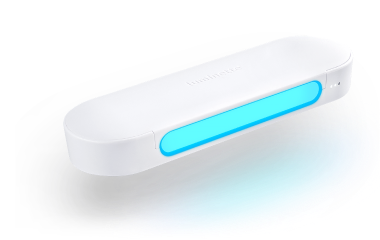Ви часто ворочаєтеся вночі, ваш розум мчить, а серце калатає? Ви не самотні. Багато дорослих стикаються з тривогою сну — станом, який може серйозно вплинути на якість вашого життя. Розуміння того, що таке тривога сну і чому вона виникає, — це перший крок до повернення спокійних ночей і покращення психічного здоров’я. Цей блог розгляне причини, симптоми та рішення тривоги сну, пропонуючи практичні стратегії, які допоможуть вам впоратися з цим часто надмірним станом.
Що таке тривога сну?
Тривога сну, також відома як сомніфобія або тривога, пов’язана зі сном, — це тип тривожного розладу, який ускладнює засинання та підтримання сну, впливаючи на загальну якість сну. Цей стан може проявлятися у різних формах: від відчуття неспокою та неможливості розслабитися перед сном до інтенсивних панічних атак уночі. Люди з тривогою сну часто потрапляють у замкнене коло хвилювань через неможливість заснути, що посилює труднощі з розслабленням і засинанням. Тривога сну може включати як фізичні, так і психологічні симптоми, зокрема постійні швидкоплинні думки, напругу м’язів, що заважає комфорту, підвищене серцебиття, що імітує відчуття паніки, труднощі з диханням і поширені відчуття тривоги або страху. Ці симптоми не лише порушують сон, а й можуть призводити до хронічного недосипання, впливаючи на щоденне функціонування та самопочуття. Визначення та усунення основних причин тривоги сну є важливими для покращення здоров’я сну та загальної якості життя.
Симптоми тривоги сну
Важливо розпізнавати симптоми тривоги сну для ефективного вирішення та контролю цього стану. Загальні симптоми включають:
- Труднощі із засинанням: Нав’язливі думки та хвилювання можуть ускладнювати засинання, навіть коли ви втомлені.
- Часті пробудження вночі: Повторні пробудження та труднощі з поверненням до сну можуть призводити до порушеного відпочинку.
- Неспокій: Відчуття неспокою та труднощі заспокоїтися через швидкоплинні думки перед сном можуть посилювати проблеми зі сном.
- Фізичні симптоми: До них можуть належати прискорене серцебиття, надмірне потовиділення, напруга м’язів і навіть труднощі з диханням, часто пов’язані з тривогою.
- Дратівливість і зміни настрою: Недостатній сон може призводити до дратівливості, перепадів настрою та зниження здатності справлятися з повсякденним стресом.
Ці симптоми можуть варіюватися за ступенем тяжкості та частотою у різних людей. Якщо ви постійно помічаєте, що вони порушують ваш сон і повсякденне життя, важливо вжити відповідних заходів.
Типи тривоги перед сном
Тривога перед сном не є однорідною проблемою; вона може проявлятися у різних формах залежно від індивідуальних стресорів і прихованих проблем. Вона може проявлятися як:
- Передснічна тривога: Характеризується накопиченням турбот, що посилюються в міру наближення часу сну, ускладнюючи розслаблення та підготовку до сну.
- Нічна тривога: Включає пробудження вночі з нав’язливими тривожними думками, які заважають повернутися до сну.
- Тривога після сну: Призводить до стресу та занепокоєння через недостатній відпочинок протягом ночі, часто викликаючи відчуття страху перед наступним днем.
Визначення конкретного типу тривоги перед сном, яку ви відчуваєте, може допомогти підібрати більш індивідуальний підхід до лікування, можливо, із застосуванням технік релаксації, когнітивно-поведінкових стратегій або професійної допомоги.
Що таке сомніфобія?
Сомніфобія — це стан, що характеризується постійним страхом заснути і залишатися у сні. Ця фобія може суттєво впливати як на психічне, так і на фізичне здоров’я людини, оскільки сон є життєво важливим для загального благополуччя. Як і при більшості фобій, люди з сомніфобією можуть відчувати один або кілька симптомів у міру наближення часу сну або перебуваючи в ліжку, борючись із засинанням:
- Може виникати надмірне потовиділення, що викликає дискомфорт і тривогу.
- Тремтіння може бути присутнім, оскільки тіло реагує на стрес, пов’язаний із наближенням сну.
- Підвищене серцебиття може посилювати відчуття паніки.
- Цим симптомам часто супроводжує задишка, що посилює загальний дискомфорт.
Важливим симптомом сомніфобії є сильне бажання уникати сну будь-якою ціною, часто на шкоду здоров’ю. Це уникання може створити порочне коло, коли недосипання посилює тривогу та страх, ще більше укорінюючи фобію. Внаслідок цього люди з сомніфобією можуть відчувати втому, дратівливість і труднощі з концентрацією уваги протягом дня.
Ще одним помітним симптомом сомніфобії є сильне бажання уникати сну будь-якою ціною, на шкоду власному здоров’ю.
Що викликає сомніфобію?
Корінь більшості фобій невідомий, і те саме стосується сомніфобії, що робить її діагностику вкрай складною.
Тим не менш, сомніфобія може бути симптомом інших проблем. Наприклад, людина з розладом нічних кошмарів та посттравматичним стресовим розладом (ПТСР) ймовірно захоче уникати сну будь-якою ціною, щоб не переживати кошмари, які змушують її знову переживати травматичні події.
Крім того, сон змушує деяких людей відчувати себе вразливими. Тож існує також страх бути атакованим або піддатися загрозливим для життя проблемам зі здоров’ям.
Ізольований сонний параліч також є потенційним фактором ризику для сомніфобії. Ізольований сонний параліч — це стан, коли людина тимчасово не може рухатися під час пробудження, незважаючи на усвідомлення оточення. Такі епізоди можуть також посилювати страх і нервозність щодо сну.

Як дізнатися, що у вас сомніфобія?
Як уже згадувалося, фобії є складними і важкими для діагностики через їхню заплутану природу та унікальність досвіду кожної людини. Ці інтенсивні страхи часто проявляються у різноманітних психологічних і фізичних реакціях, що робить точний діагноз необхідним для ефективного лікування. Однак Діагностичний і статистичний посібник (DSM) надає структурований підхід, описуючи критерії для діагностики фобій, включаючи сомніфобію, яка є інтенсивним страхом сну. Цей страх може бути настільки сильним, що порушує щоденне функціонування.
Основні моменти цих критеріїв включають:
- Значний страх або тривога, безпосередньо пов’язані з фобією, у цьому випадку — актом сну, що може призводити до підвищеного рівня стресу та уникальної поведінки.
- Страх і тривога, що виникають уночі або в очікуванні сну, тривають тривалий час, зазвичай понад шість місяців, що свідчить про хронічну проблему, а не тимчасову тривогу.
- Особи активно намагаються уникнути фобії різними способами, наприклад, змінюючи режим сну або умови, що може ще більше погіршити стан.
- Фобія призводить до значного стресу та погіршення якості життя людини, впливаючи на особисті стосунки, роботу та загальний психічний стан.
- Відсутні інші розумні пояснення симптомів, такі як діагноз інших психічних розладів, наприклад соціальної тривожності, що гарантує, що фобія не є симптомом іншої основної проблеми.
Розуміння цих критеріїв є важливим для фахівців з психічного здоров’я, щоб надати відповідні втручання та підтримку тим, хто бореться з фобіями.
Чи можна лікувати сомніфобію?
Не існує лікування, призначеного спеціально для сомніфобії. Фахівці з психічного здоров’я зазвичай досліджують комбінацію різних поведінкових терапій і медикаментів для контролю тривоги сну та сомніфобії.
Поширені методи включають призначені ліки, експозиційну терапію, десенсибілізацію та повторну обробку рухом очей (EMDR) і когнітивно-поведінкову терапію (КПТ).
Чому виникає тривога сну?
Причини тривоги сну є складними та багатогранними, охоплюючи низку психологічних і фізичних факторів. Розуміння цих чинників може надати цінну інформацію для управління та полегшення тривоги сну.
Психологічні фактори
Психологічні фактори відіграють значну роль у тривожності сну, часто корінячись в емоційних і психічних проблемах. Загальні психологічні чинники включають:
- Генералізований тривожний розлад (ГТР): Люди з ГТР часто відчувають надмірне і хронічне занепокоєння щодо різних аспектів життя, від роботи і стосунків до здоров’я та фінансових проблем. Це постійне занепокоєння може ускладнювати розслаблення, викликаючи порушення сну.
- Стрес: Високий рівень стресу, що походить від вимогливої роботи, складних стосунків або особистих проблем, може проявлятися як тривожність, особливо при спробі розслабитися вночі. Неможливість розуму вимкнутися може тримати людину в неспанні, загострюючи тривожність.
- Травматичні події: Минулі травми та невирішені емоційні переживання можуть з’являтися під час тихих моментів ночі, викликаючи стрес і тривожність, що порушують сон. Кошмари або флешбеки можуть ще більше погіршувати цю проблему.
Усунення цих основних психологічних факторів за допомогою терапії, практик усвідомленості або технік самодопомоги може значно зменшити тривожність сну. Когнітивно-поведінкова терапія (КПТ) виявилася особливо ефективною у допомозі людям керувати тривожністю та покращувати режим сну.
Фізичні фактори
Фізичні фактори також можуть сприяти тривожності сну, часто походячи від способу життя або медичних станів. До них можуть належати:
- Кофеїн та алкоголь: Вживання стимуляторів, таких як кофеїн, що міститься в каві, чаї та деяких газованих напоях, може негативно впливати на сон, підвищуючи пильність. Аналогічно, хоча алкоголь спочатку може викликати сонливість, він порушує цикли сну і збільшує нічні пробудження, що призводить до посилення тривожності.
- Погане середовище для сну: Незручний матрац або подушка, надмірний шум від близького руху транспорту чи сусідів, а також неправильне освітлення, наприклад, надмірне світло від електронних пристроїв, можуть заважати розслабитися і спокійно заснути.
- Медичні стани: Хронічні болі, астма або інші проблеми зі здоров’ям, такі як апное сну, можуть посилювати тривожність і ускладнювати сон. Дискомфорт і перерви, спричинені цими фізичними недугами, можуть призводити до підвищеного стану тривожності перед сном.
Визначення та усунення цих фізичних факторів шляхом створення сприятливого середовища для відпочинкового сну може значно покращити якість сну. Це може включати коригування практик гігієни сну, таких як встановлення регулярного режиму сну, обмеження часу перед екраном перед сном та створення комфортного і заспокійливого простору для сну.
Хронічний стрес та затяжний емоційний вантаж
Стрес, чи то через роботу, стосунки, чи інші життєві обставини, може викликати нічну тривожність, ускладнюючи засинання або підтримання сну.
Ви лягаєте спати і раптом згадуєте, що потрібно сплатити оренду, а повної суми ще немає. Або згадуєте про важливе завдання на роботі, яке ще не вирішене, незважаючи на наближення дедлайну.
І ось так ваш організм активує свій механізм стресової реакції, включаючи вивільнення гормонів, таких як адреналін і кортизол. Присутність цих гормонів сигналізує мозку залишатися насторожі, ускладнюючи засинання.
Крім того, невирішені почуття, такі як гнів, сум або тривога, можуть проявлятися як тривога під час спроби заснути, викликаючи швидкі думки та неспокій.
Згідно з дослідженням зв’язку між емоціями та сном, дослідники виявили, що «чим вищий бал за гнів і нижчий бал за контроль, тим довше триває латентність засинання», тобто час, який потрібен людині, щоб заснути.
Тривога
Іноді тривога через сон починається помірно і непостійно. Однак повторювана тривога через сон може вийти з-під контролю.
Наприклад, коли тривога через сон стає щоденною рутиною, ви можете почати хвилюватися через свою нездатність заснути, створюючи замкнене коло, де тривога через сон породжує ще більше тривоги, що ще більше порушує сон.
Думки про можливі наслідки нестачі сну, такі як зниження продуктивності на роботі або порушення когнітивних функцій, головним чином викликають тривогу. Все це може посилити тривогу, пов’язану зі сном, особливо у тих, хто має високу чутливість до тривоги.
Згідно з дослідженнями, особи з високою чутливістю до тривоги більше звертають увагу на симптоми тривоги і тлумачать їх як небезпечні або катастрофічні, що призводить до реакцій, таких як панічні атаки та пробудження з тривогою посеред ночі.
Надмірний вплив синього світла, вживання кави та інші порушення
Вплив синього світла від телефонів і комп’ютерів перед сном або під час перебування в ліжку може порушити природний цикл сну і неспання, ускладнюючи природний перехід від бадьорості до сну.
Організм виділяє мелатонін перед сном, щоб сигналізувати всім органам, що настав час спати. Вплив світла від екранів затримує вироблення мелатоніну в організмі і, відповідно, час засинання.
Стімуланти, такі як кофеїн, особливо близько до часу сну, можуть заважати вашому тілу розслабитися і заснути. Дослідження показують, що вживання кави за шість годин до сну все ще може впливати на ваш сон.
Шум, світло, температура та інші фактори, такі як матрац і постільна білизна у вашому оточенні, також можуть порушувати сон і сприяти тривозі, пов’язаній зі сном. Багато досліджень це підтвердили.
Стан здоров’я
Психічні та фізичні стани здоров’я можуть усі сприяти тривозі щодо сну. Особливо схильні до цього особи, які страждають на будь-які тривожні розлади. Більше того, тривога і розлади сну тісно пов’язані.
Прикладами тривожних розладів, що призводять до труднощів зі сном, є генералізований тривожний розлад (ГТР), ПТСР, панічний розлад і обсесивно-компульсивний розлад (ОКР). Наприклад, ГТР значно впливає на початок сну.
Хронічний біль, респіраторні розлади, такі як апное сну, порушення сну, як хронічні проблеми зі сном, та неврологічні стани також можуть заважати сну і посилювати тривогу. До 86% пацієнтів з хронічним болем страждають на різні порушення сну, що в кінцевому підсумку може призвести до тривоги щодо сну.

Умови навколишнього середовища
Хаотичне або стресове домашнє середовище може ускладнювати розслаблення і відпочинок перед сном, сприяючи тривозі щодо сну. Прикладом стресового середовища є місце, яке нагадує про минулі травматичні події.
Подібним чином ваша спальня може стати стресовим середовищем, коли ви виконуєте такі дії, як робота або перегляд соціальних мереж у ліжку. Стрес, пов’язаний з роботою, може переходити у час сну, ускладнюючи відключення і засинання. Це особливо актуально для працівників на віддаленій роботі.
Подумайте про це на хвилинку: під час прокручування соціальних мереж є велика ймовірність, що ви натрапите на щось захоплююче, страшне або стресове. Захоплюючий контент стимулює мозок і не дає заснути.
Страшний контент може підживлювати вашу тривогу, змушуючи боятися спати, а стресовий контент, як ми вже казали раніше, може викликати реакції, що затягують початок сну.
Тиски сучасного життя
У сучасному світі існує очікування, що ви маєте бути постійно доступними.
Деякі робочі динаміки вимагають більше, ніж традиційний 40-годинний робочий тиждень, і робота в компанії з такою культурою може тиснути на вас, змушуючи залишатися на зв’язку навіть за рахунок вашого сну, що підтримує тривогу щодо сну.
Навіть платформи соціальних мереж оптимізовані так, щоб тримати вас постійно онлайн, від вкладок «Для вас» до алгоритмів, які підбирають контент відповідно до ваших інтересів.
Все це ускладнює встановлення меж між усім, що вимагає вашої уваги, що призводить до підвищеного стресу та тривоги, особливо коли ви намагаєтеся розслабитися перед сном.
Практикуйте техніки розслаблення
Методи розслаблення можуть допомогти зменшити та контролювати стрес. Практика цих технік перед сном може розслабити як тіло, так і розум, дозволяючи швидше заснути.
Деякі методи, які ви можете застосувати для подолання тривоги перед сном, включають:
- Глибоке дихання: Ця техніка розслаблення передбачає повільні, глибокі вдихи, які активують природну реакцію розслаблення організму. Переконайтеся, що вдихаєте через ніс і видихаєте через рот.
- Медитація усвідомленості або керовані образи: Ця техніка допомагає зосередитися на теперішньому моменті або заспокійливих образах і зменшує нав’язливі думки. Вам знадобиться тиха обстановка, щоб максимально ефективно виконати цю вправу.
Як керувати тривогою перед сном
Управління тривогою перед сном вимагає поєднання технік розслаблення, терапії та, у певних випадках, медикаментів. Вирішуючи основні причини тривоги та впроваджуючи ефективні стратегії, люди можуть покращити якість сну та загальне самопочуття. Давайте обговоримо ці рішення детальніше.
Техніки розслаблення
Включення технік розслаблення у вашу рутину може значно допомогти в управлінні тривогою перед сном. Ці методи допомагають заспокоїти розум і тіло, знижуючи стрес і сприяючи спокою перед сном. Розгляньте можливість вивчення наступних технік:
- Глибоке дихання: Зосередьтеся на повільних, глибоких вдихах, щоб заспокоїти нервову систему. Глибоко вдихаючи через ніс і повільно видихаючи через рот, ви можете викликати реакцію розслаблення організму, що призводить до зниження частоти серцебиття та артеріального тиску.
- Прогресивне м’язове розслаблення: Займайтеся напругою та розслабленням різних груп м’язів, щоб зняти фізичну напругу. Ця техніка передбачає систематичне опрацювання м’язів по всьому тілу, починаючи з пальців ніг і рухаючись вгору, що допомагає виявити зони напруги та свідомо їх розслабити.
- Медитація усвідомленості: Використовуйте усвідомленість, щоб залишатися в теперішньому моменті та зменшити нав’язливі думки. Зосереджуючись на теперішньому моменті, ви можете розвинути усвідомлення та прийняття, зменшуючи вплив тривожних думок і сприяючи спокійному стану розуму.
Ці техніки можуть допомогти встановити рутину перед сном, яка сприяє розслабленню та готує розум до спокійного сну. З часом вони можуть стати невід’ємною частиною щоденних звичок, значно покращуючи якість сну.
Когнітивно-поведінкова терапія безсоння (КПТ-Б)
Когнітивно-поведінкова терапія безсоння (CBT-I) є надзвичайно ефективним методом для управління тривогою, пов’язаною зі сном. Цей терапевтичний підхід включає структуровану програму, спрямовану на заміну негативних моделей мислення та поведінки позитивними. Основні компоненти CBT-I включають:
- Виявлення та заміна негативних моделей мислення: оскаржуючи ці думки, люди можуть порушити цикл тривоги та сприяти більш позитивному мисленню.
- Виховання здорових звичок сну: це включає встановлення послідовного графіка сну та зменшення часу перед екраном перед сном. Регулярний режим сну сигналізує тілу готуватися до відпочинку, а зменшення часу перед екраном знижує вплив синього світла, яке може заважати виробленню мелатоніну.
- Розробка стратегій подолання для управління тривогою та стресом: CBT-I надає інструменти для ефективного подолання стресових факторів, що зменшує їхній вплив на сон.
Когнітивно-поведінкова терапія безсоння (CBT-I) має доведену ефективність у допомозі людям подолати тривогу, пов’язану зі сном, без залежності від медикаментів, надаючи їм навички на все життя для підтримки здоров’я сну.
Медикаментозне лікування
У певних випадках медикаментозне лікування може бути необхідним для подолання тривоги, пов’язаної зі сном, особливо коли інші методи не були повністю ефективними. Консультація з медичним фахівцем допоможе розглянути такі варіанти:
- Прописані засоби для сну, які забезпечують короткочасне полегшення: вони можуть допомогти встановити регулярний режим сну, поки впроваджуються інші методи лікування.
- Протитривожні препарати для лікування основних тривожних розладів: такі препарати можуть допомогти впоратися з генералізованою тривогою, яка часто порушує сон.
- Природні добавки, такі як мелатонін або корінь валеріани: ці альтернативи можуть природно підтримувати сон і часто віддаються перевагу через мінімальні побічні ефекти.
Медикаментозне лікування слід розглядати як додаткову стратегію і завжди обговорювати з медичним працівником для забезпечення безпеки та ефективності. Співпраця з медичним фахівцем допоможе розробити комплексний план, який найкраще відповідає індивідуальним потребам.
Використовуйте пристрої для світлотерапії, такі як Luminette
Окуляри для світлотерапії Luminette виробляють світло певної довжини хвилі, яке імітує природне сонячне світло. Це ретельно каліброване світло викликає реакцію в організмі, подібну до реакції на сонячне світло, пропонуючи численні переваги для вашого циркадного ритму та режиму сну. Циркадний ритм, внутрішній процес, регулює наш цикл сну і неспання, реагуючи на сходи та заходи сонця. Для оптимального циркадного ритму важливо мати регулярний щоденний контакт із природним сонячним світлом, що допомагає узгодити цей біологічний годинник із природним середовищем.
Коли сонце заходить, ваш циркадний ритм запускає секрецію мелатоніну, гормону, який сприяє переходу від бадьорості до сну. Ця секреція зазвичай починається приблизно за дві години до сну, що призводить до підвищення рівня мелатоніну в крові. Вищий рівень мелатоніну є ключовим для сприяння спокійному сну та забезпечення плавного переходу від стану неспання до глибокого сну.
Однак відсутність регулярного впливу сонячного світла може порушити ваш циркадний ритм, виводячи його з ладу. Порушений циркадний ритм може призвести до проблем, таких як зниження рівня енергії вдень і труднощі з засинанням вночі. Тривале порушення також може вплинути на загальне самопочуття та когнітивні функції.
Дослідження показують, що використання окулярів для світлотерапії Luminette призводить до "значних покращень у експериментальній групі щодо затримки початку сну, якості сну та зменшення сонливості вдень." Ці окуляри розроблені так, щоб бути зручними у використанні та ефективними, що робить їх доступним рішенням для тих, хто бореться з порушеннями циркадного ритму або недостатньою експозицією сонячного світла через спосіб життя чи географічне розташування.

Прийміть хорошу гігієну сну
Якщо ви замислюєтеся, як позбутися поганої тривоги вночі, чудовим початком буде внесення змін у спосіб життя.
Дотримання правил гігієни сну, таких як фіксований графік сну та пробудження і нічні ритуали, може допомогти зменшити тривогу перед сном і покращити відпочинок без необхідності приймати снодійні.
Ви можете впровадити обрану техніку релаксації у свій режим сну, щоб перетворити її на звичку.
Інші корисні поради для зменшення тривоги перед сном включають:
- Практикуйте тайм-менеджмент: Розбивайте завдання на керовані частини та виконуйте їх за пріоритетністю, щоб зменшити відчуття перевантаження і запобігти нічним переживанням через незавершену роботу.
- Встановіть межі: Встановіть межі між роботою та особистими обов’язками, щоб вони не заважали вашому сну. Навчіться говорити «ні» зобов’язанням, які можуть почекати до наступного дня. Встановлення меж включає уникання електронних пристроїв, таких як смартфони, планшети або комп’ютери, принаймні за годину до сну.
- Уникайте стимуляторів, таких як кава та алкоголь, за кілька годин до сну.
- Обмежуйте денний сон до менше ніж 1 години і уникайте його після 15:00.
- Уникайте великих, важких прийомів їжі та надмірного вживання рідини перед сном, щоб уникнути дискомфорту та частих нічних пробуджень для сечовипускання.
- Намагайтеся щодня отримувати принаймні 30 хвилин сонячного світла.
Висновок: Тривога під час сну порушує спокій, але її можна контролювати
Ефективне керування тривогою під час сну включає розуміння її тригерів, які можуть включати стрес, невирішені емоції та фактори навколишнього середовища, такі як вплив синього світла та шум. Використовуючи техніки релаксації, застосовуючи окуляри Luminette, створюючи сприятливе для сну середовище та підтримуючи хорошу гігієну сну, ви можете зменшити тривогу під час сну та покращити якість відпочинку. Якщо тривога під час сну починає суттєво впливати на ваше повсякденне життя та самопочуття, важливо звернутися за професійною допомогою. Розгляньте наші окуляри Luminette як частину вашого шляху до зменшення тривоги під час сну та покращення якості сну.
Питання та відповіді
Що таке тривога під час сну?
Тривога під час сну — це відчуття стресу, занепокоєння або страху, які заважають людині заснути, залишатися у сні або отримати відпочинковий сон. Вона може проявлятися у вигляді труднощів із засинанням, швидких думок перед сном, частих пробуджень або неспокійного сну.
Як припинити тривогу під час сну?
Ви можете припинити або зменшити тривогу під час сну, усунувши основні стресори або лікувавши психічні чи фізичні проблеми зі здоров’ям, які її викликають. Прикладами основних стресорів може бути зміна роботи, якщо ваша поточна робота є причиною вашого стану.
Впровадження здорових звичок сну та вивчення технік релаксації — це інші способи зменшити тривогу під час сну.
Ще важливіше — звернутися за професійною допомогою, якщо тривога під час сну починає впливати на якість вашого життя, включно, але не обмежуючись, здоров’ям і продуктивністю на роботі.
Що викликає тривогу під час сну?
Багато факторів можуть викликати тривогу, яку ви відчуваєте перед сном або під час нього. Стрес і занепокоєння відіграють значну роль. Інші причини тривоги під час сну включають:
Звички способу життя: Надмірне використання екранів, вживання великої кількості кофеїну або відсутність регулярного режиму сну можуть ускладнити перехід від стану неспання до сонливості.
Проблеми зі здоров’ям: Хронічний біль, труднощі з диханням або певні захворювання мозку також можуть викликати тривогу вночі.
Проблеми з психічним здоров’ям: Якщо у вас є тривожність або ви пережили травматичну подію, це може впливати на ваш сон.
Якщо ви часто прокидаєтеся вночі з відчуттям тривоги, консультація з лікарем може допомогти з’ясувати причину.
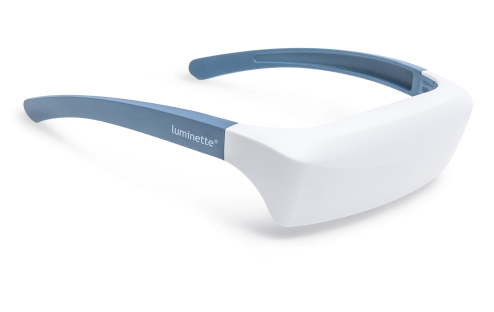
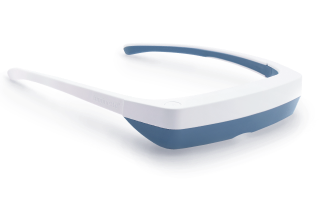
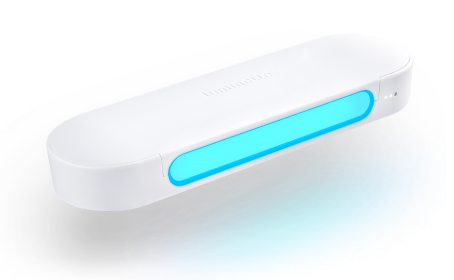
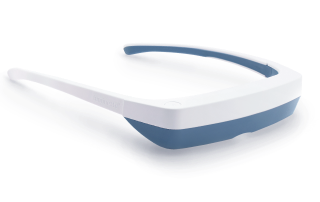
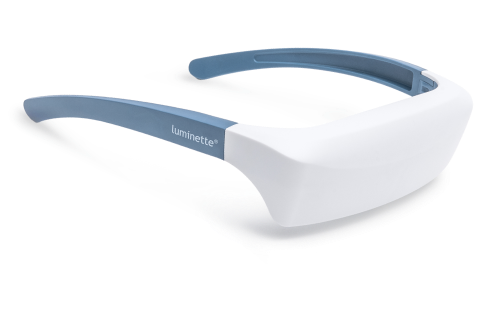
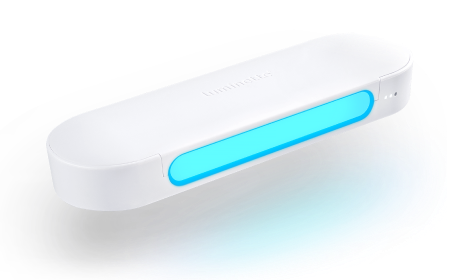
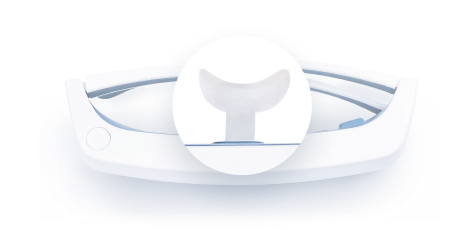
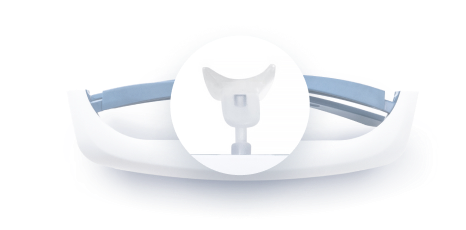

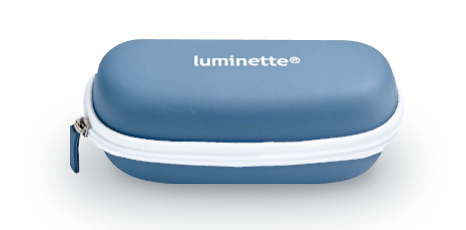
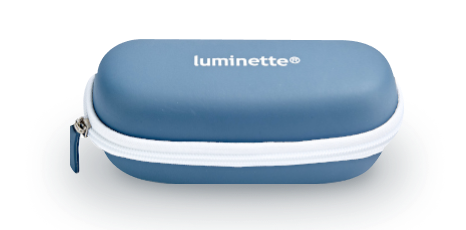

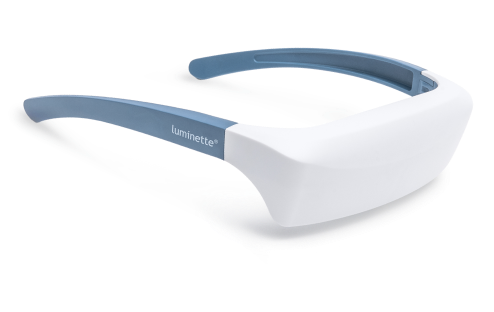
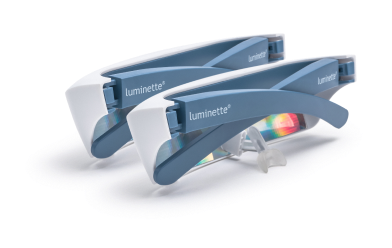

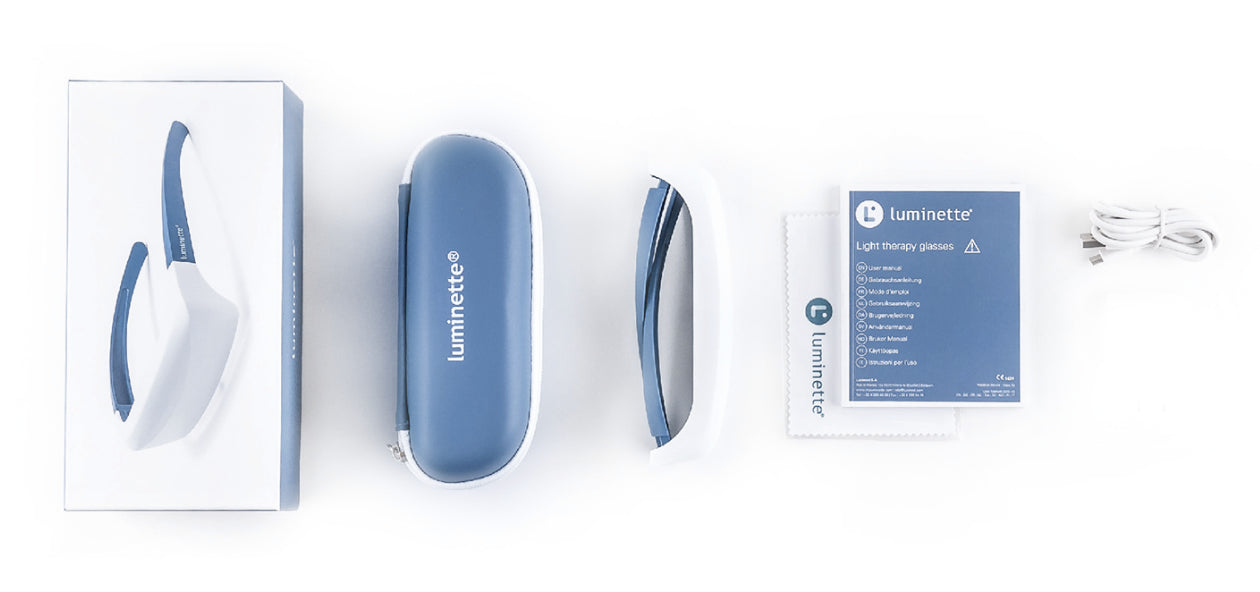




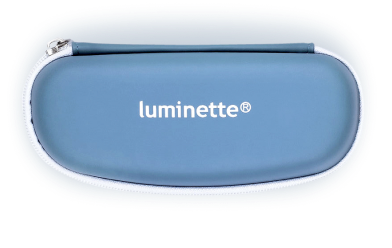
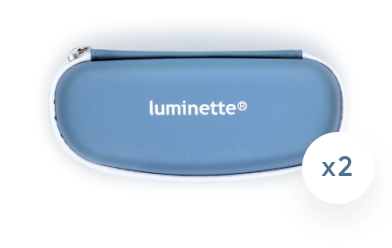

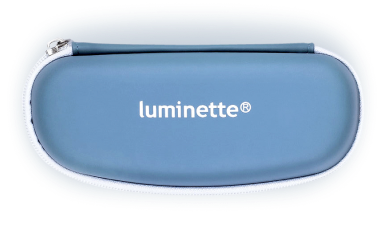
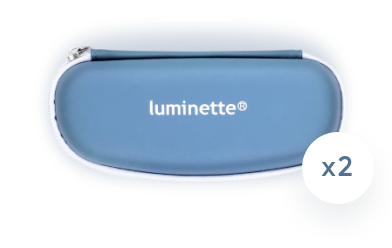

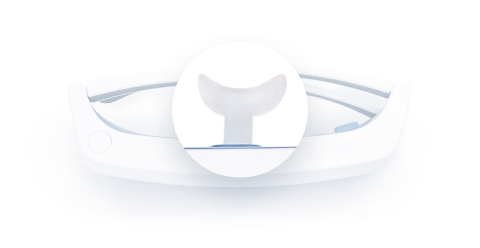
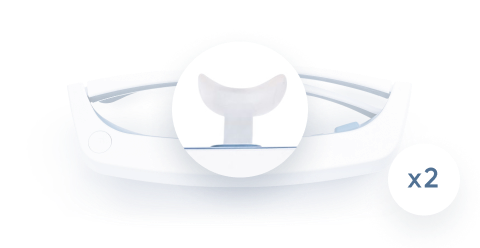
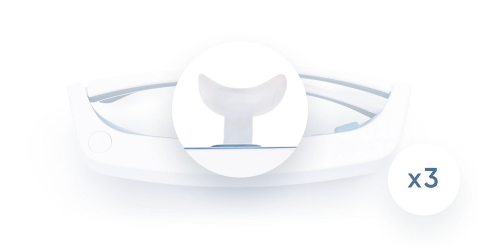
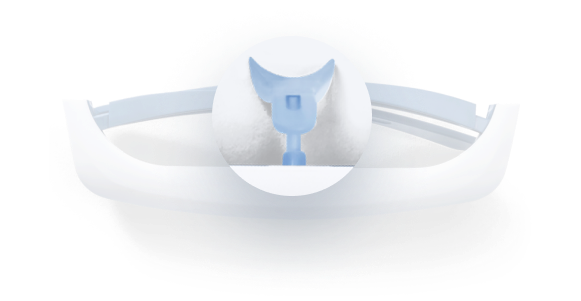
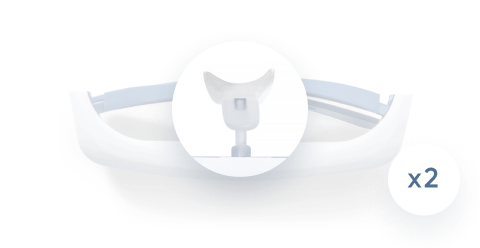
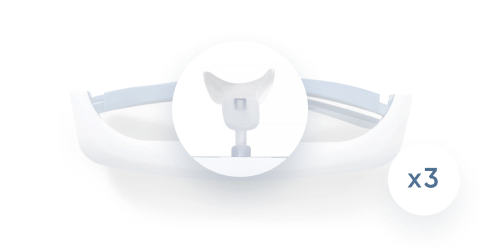
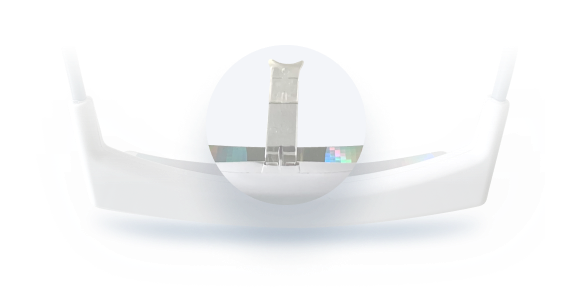









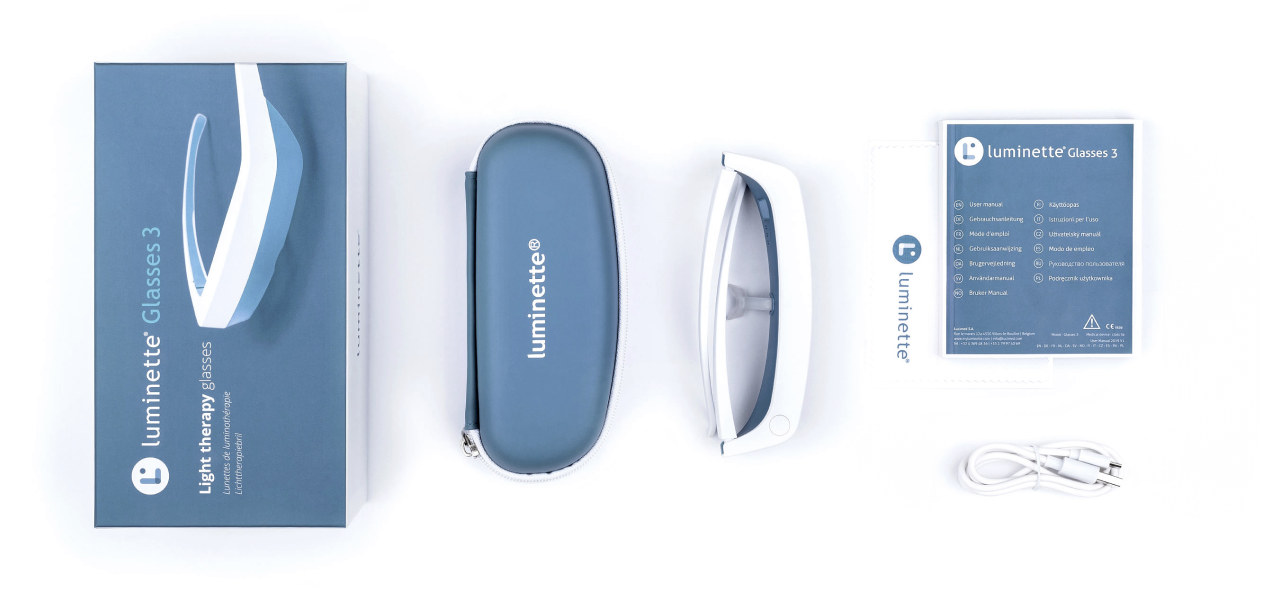

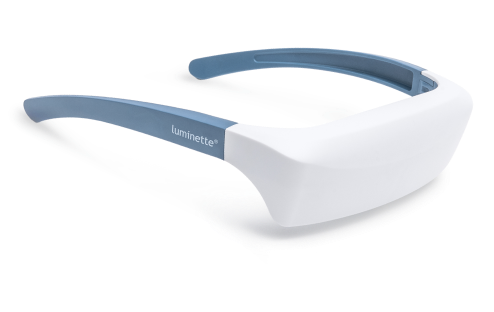
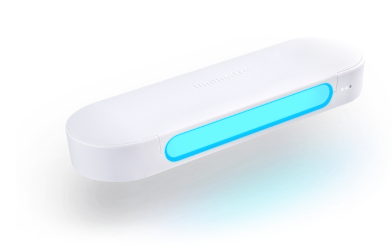
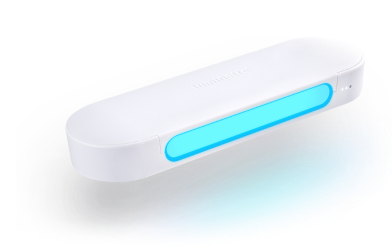
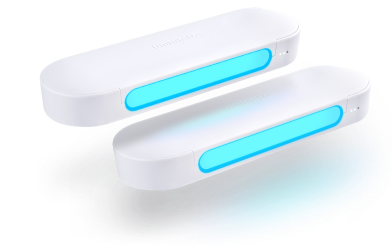
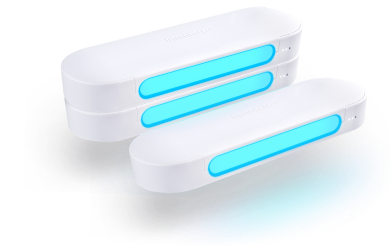
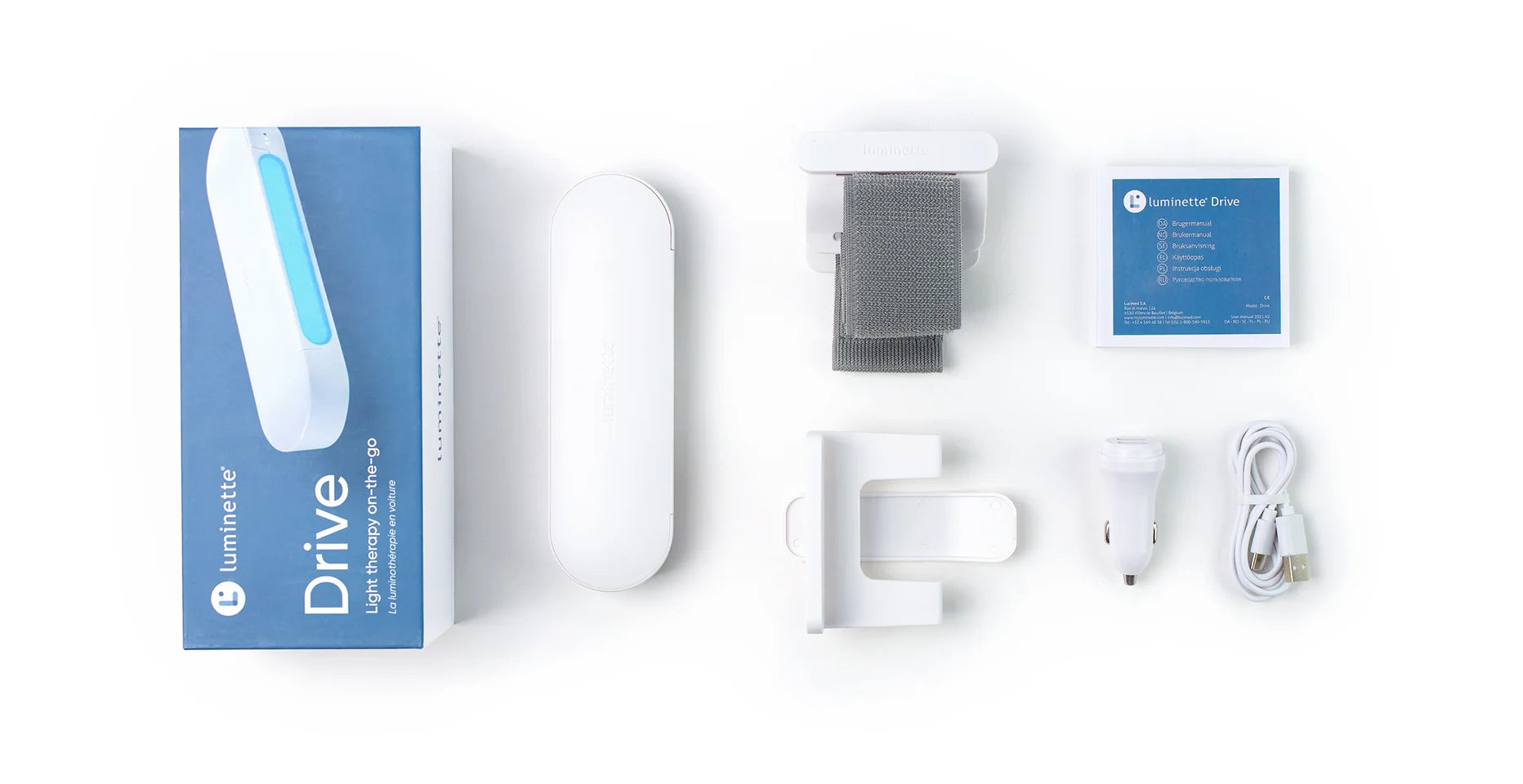

 Please note
Please note







